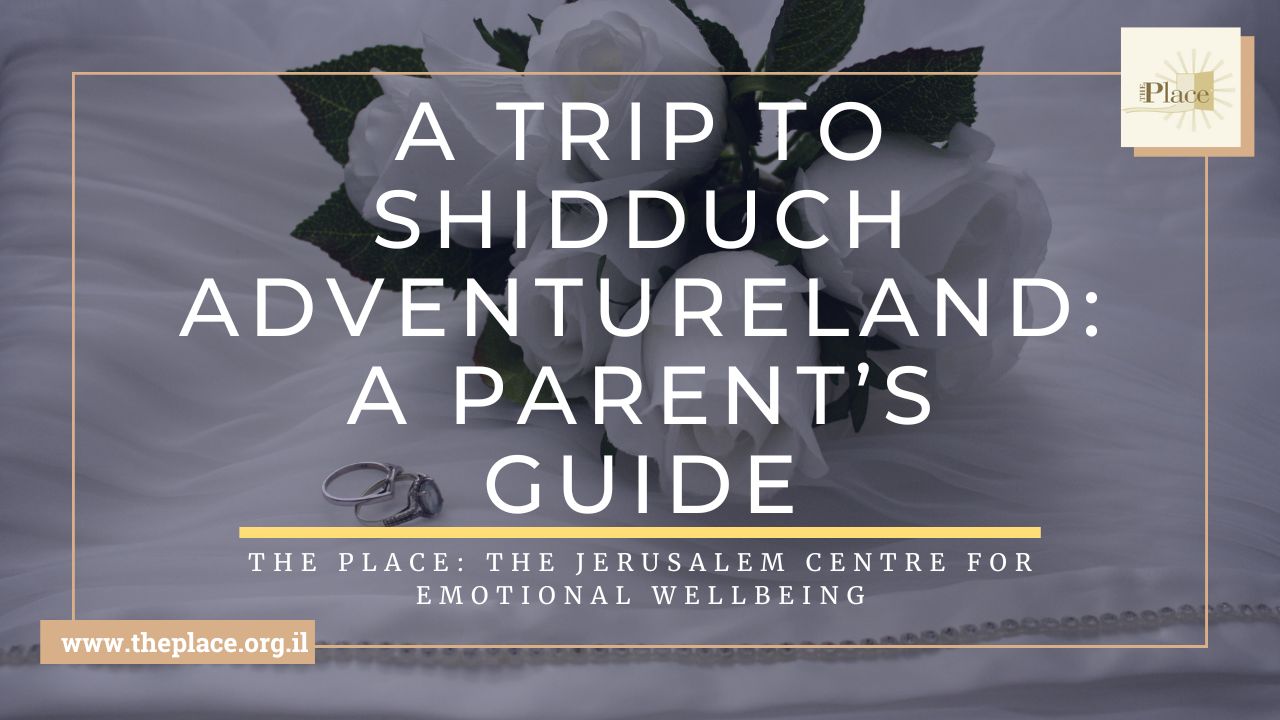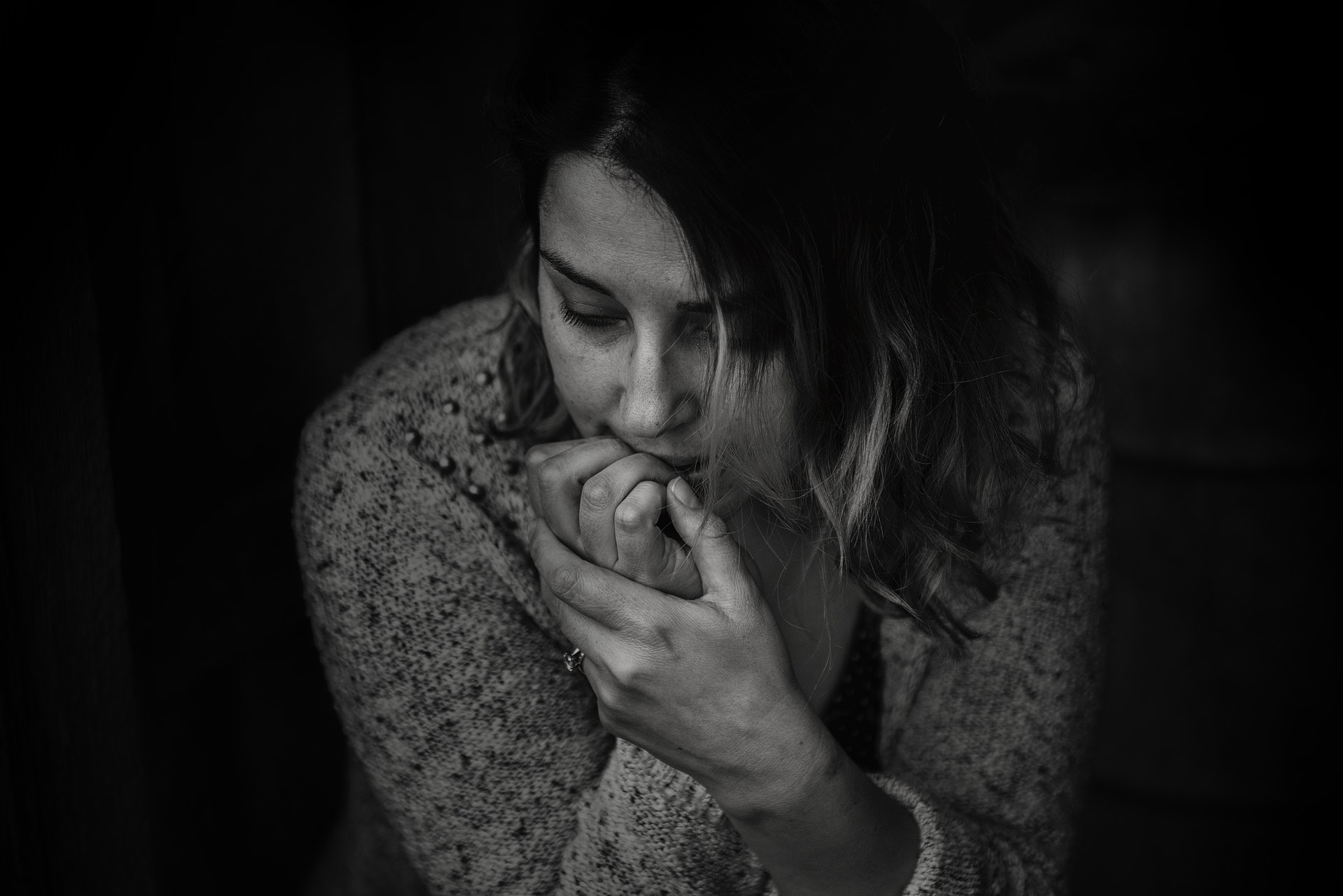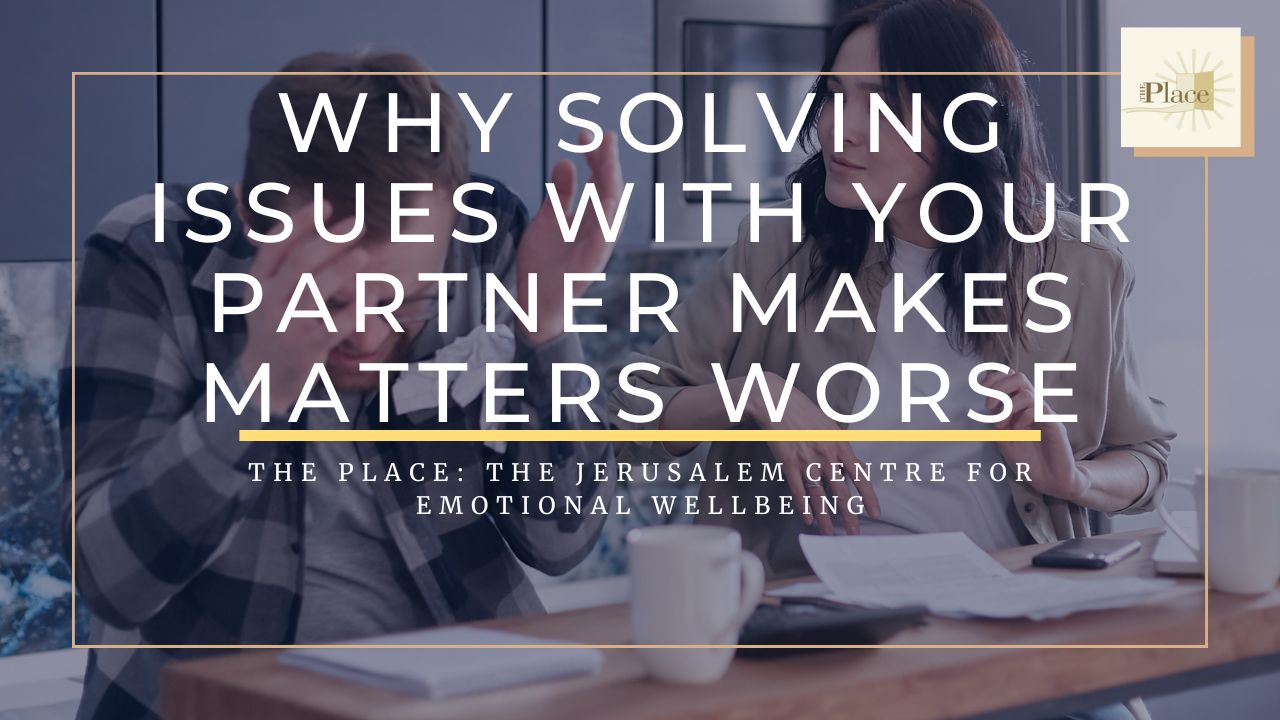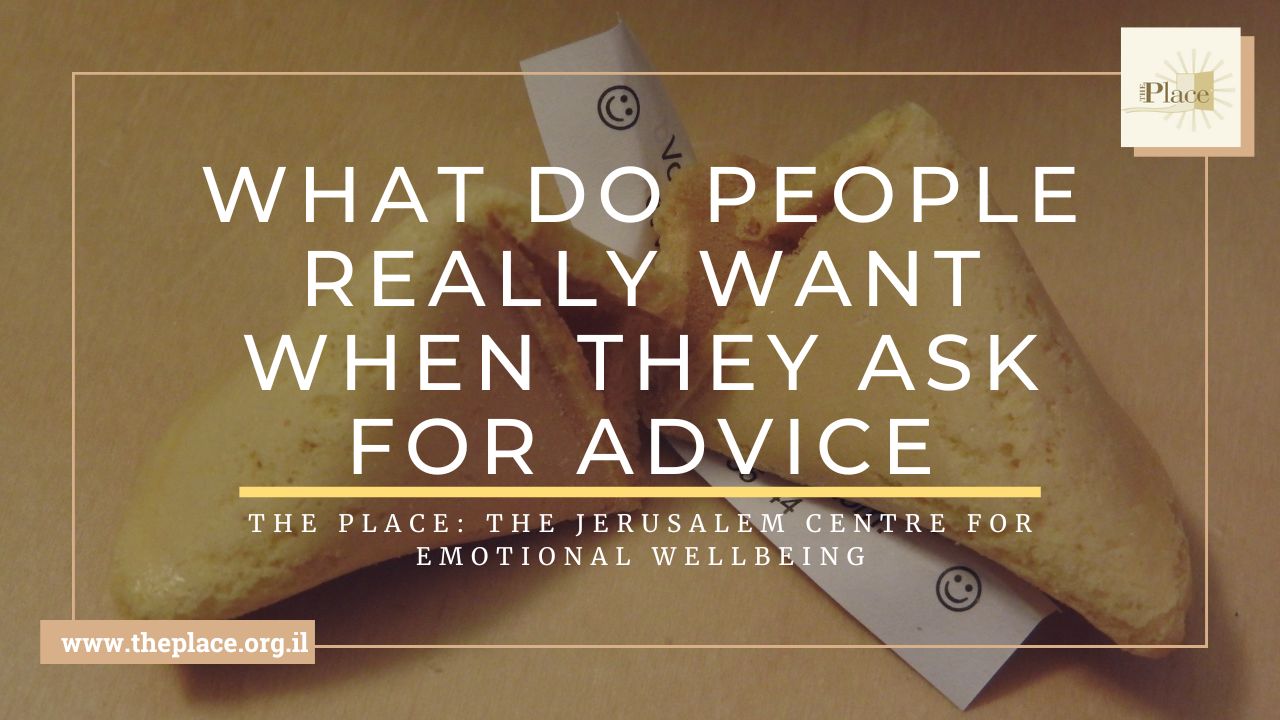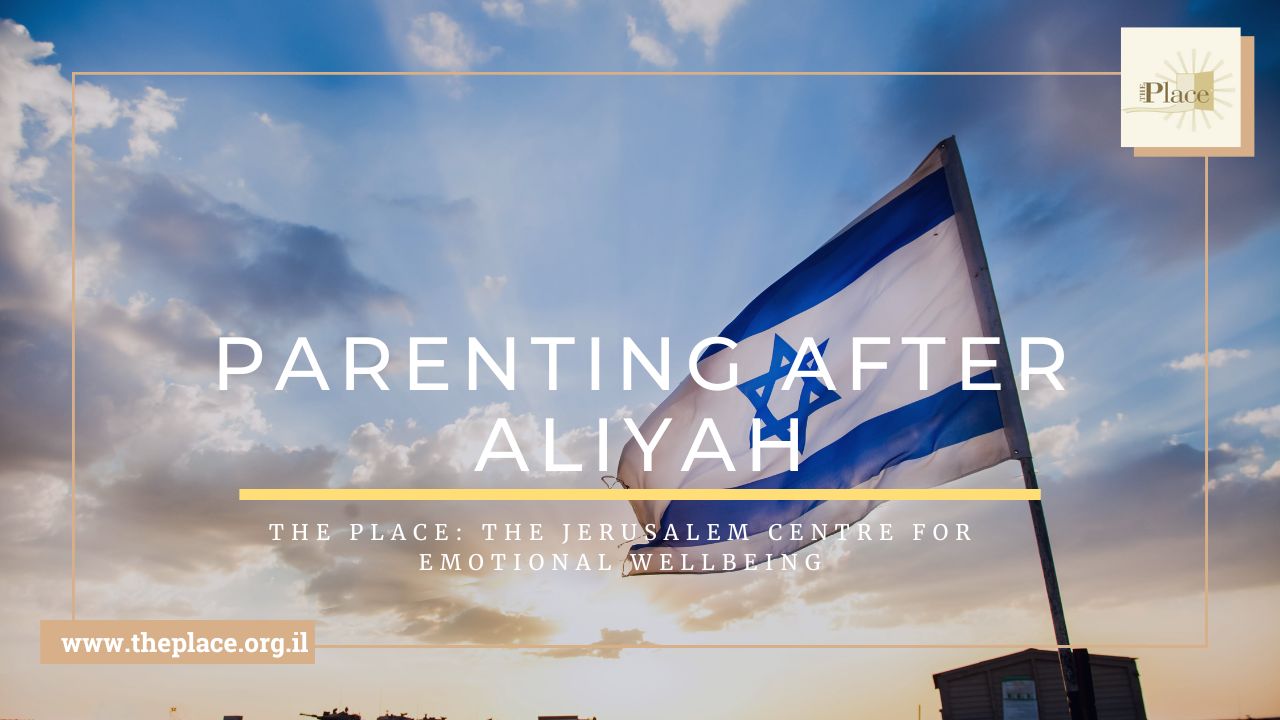In talking with a few of my friends, I was asked a great question which is often overlooked. We all think that we know the causes of PTSD; many will talk about being in a war, some will talk about being in a restaurant when something occurred, others will talk about watching a accident, (it makes no difference if you are right there, or watching on television or someone detailing the accident for you), and some will discuss a tragedy that their friend’s first cousin once removed told their grandmother fifty years ago. Even if just you heard it, it can cause a PTSD reaction.
In some cases, some of us will react by having a PTSD reaction and others watching the same incident will have no problems. As we see from the many wars, some soldiers get very depressed and angry while others watching or involved in the same incident feel no outward difficulty. We are all made differently and what affects one person may not affect others.
How do we define a “trigger”?
A trigger is anything that can remind you of the event. Sometimes people are triggers, even someone you don’t know or never saw who reminds you of the event or person. For instance:
Many of us like spaghetti, and for us, just smelling the tomato sauce, can remind us of the spaghetti we had as kids. When we smell meat cooking on a grill, we can be reminded of time spent at a barbeque with loved ones, possibly, people that have since passed away. Even though those objects are not in front of us, the smell alone can put our mind back in the same place, all over again. So triggers are those things that remind us of something else. For some it could be perfume, that our wife or mother liked, or the even way that YOU look when wearing a suit –the same way your dad looked!
Triggers, as we see, can be of many types, way or means. It need not bring back remembrances for many, just for you. It can be like an allergy, when you see it or hear it, it makes you scratch or get dizzy. Or, it puts you in another focus, different from where you are.
Do we all recognize the trigger? NO. The trigger may do different things to different people, or nothing at all to many. Some may feel that they are in danger, and take cover, while others are wondering why the person is hugging the floor. When hearing a backfire from a car, many soldiers and veterans, police officers, and firemen will, “hit the deck” first, and ask questions later. Many, who have had traumatic experiences associated with restaurants, will sit at a table that is along the back wall. Their back is to the wall so they can see and strategize how they are going to escape if there is a problem. I had one client who when walking, “sometimes was in the local street, and then the next he knew, he was walking the streets in the Middle East”. Thankfully, this person did not drive a car.
Some of the common triggers that are mentioned in the literature are:
People – seeing someone who reminds you of an incident
Thoughts and emotions – how you feel during an event takes you back to the trauma, watching someone crying may take you back also.
Things – seeing an object or thing that makes you think about the trauma
Scents – smells remind of us memories and the times of our lives.
Places –Returning to scene of a trauma, even fifty years later, brings unwelcome memories for some.
TV Shows, news reports and movies – all can bring us back to the trauma and tragedy. For those living in South Florida, last week was the first anniversary of the Parkland School killings. Those tragedies and the repeated announcements utilizing the various new reports brought a number of people back to the reality of the trauma.
Feelings – pain can be a trigger. The loss of a limb can be relived multiple times, and having feelings in a leg, arm or other body part that no longer is present, can cause daily adversity with PTSD. The person is always reminded of the tragedy.
Sounds – as we said, just having cars back fire causes many to hit the deck.
Tastes – the taste of alcohol may remind many of a trauma. For those who get drunk, the taste is associated with the trauma.
Anniversaries – traumas represent times that are never ever forgotten. We may not remember our wives birthday, or our children’s, but we always remember the date and time of the trauma. It is always with us.
Just because it isn’t listed here, doesn’t mean it is not a trigger or a sign that you have a problem. The only way to find out is ask a qualified professional who is experienced with treating PTSD.
References:
Sources
[1] National Center for PTSD, U.S. Department of Veterans Affairs. What is posttraumatic stress disorder (PTSD)?,http://www.ncptsd.va.gov/ncmain/ncdocs/fact_shts/fs_what_is_ptsd.html.
[2] Kessler, R. C., Petukhova, M., Sampson, N. A., Zaslavsky, A. M., & Wittchen, H.-U. (2012). Twelve-month and lifetime prevalence and lifetime morbid risk of anxiety and mood disorders in the United States. International Journal of Methods in Psychiatric Research, 21(3), 169–184. http://www.ncbi.nlm.nih.gov/pubmed/22865617
[3] Cloitre, M., Garvert, D., Weiss, B., Carlson, E. & Bryant, R. (2014). Distinguishing PTSD, Complex PTSD, and Borderline Personality Disorder: A latent class analysis. European Journal of Psychotraumatology, 5.
[4] Herman, J. (1997). Trauma and recovery: The aftermath of violence from domestic abuse to political terror. New York: Basic Books
[5] National Center for PTSD, U.S. Department of Veterans Affairs. Treatment of PTSD,http://www.ncptsd.va.gov/facts/treatment/fs_treatment.html.
[6] Chapman L, Lesch, N & Aiken S. (2005). Is resilience in your future? WELCOA Special Report. Wellness Councils of America.
[7] Callaghan P. (2004). Exercise: a neglected intervention in mental health care? Journal of Psychiatric and Mental Health Nursing, 11, 476-483.
[8] Smyth JM, Hockemeyer J, Anderson C, Strandberg K, Koch M, O’Neill HK, & McCammon S. (2002). Structured writing about a natural disaster buffers the effect of intrusive thoughts on negative affect and physical symptoms. The Australasian Journal of Disaster and Trauma Studies. Online athttp://www.massey.ac.nz/~trauma/issues/2002-1/smyth.htm.
More About the Author
Dr. Howard Chusid, Ed.D, LMHC, NCC, MAC is a Florida Certified Clinical Mental Health Counselor (CCMHC) with offices in Hallandale, Coral Springs, Florida and Jerusalem, Israel. His practice focuses on PTSD, ADD/HD and kids having problems with their parents. Dr. Chusid is also a Florida Supreme Court Certified Family Mediator, and assists families whose marriages are broken. Dr. Chusid can be seen either in person or via Tele-behavioral. You can reach Dr. Chusid at Counselingfl@gmail.com, 954-455-0388 or in Israel at 058-455-0388.
The Place
The Place is where therapists, individuals and the community connect to create safety, strength and success. At The Place, men and women discover the freedom and safety to move past those issues which are preventing them from living life to its fullest. Our goal is to help each of our clients discover his or her own strengths as powerful tools in the healing process.
The Place is a multi-faceted clinic offering both individual and group therapy, support groups, interactive evenings and lectures, educational classes, and drop-in hours. Our comfortable, confidential, relaxed environment allows clients and their families to explore sensitive issues and create positive change. We believe that the key to mental health and emotional well-being is inside you.
At The Place, male and female therapists work independently or as a team to explore sensitive issues and facilitate positive change for individuals, couples and families from all sectors of the community. Some of our specialties include emotional eating, grief counseling, internet addiction, phobias, anxiety & OCD, childhood challenges, premarital counseling, couples therapy and intimacy issues, postpartum support, personality disorders, psychiatric care, and more. Connect with a caring professional in person at our comfortable Jerusalem offices, or by video, phone, and text. We’re here for you.
Contact Us
Email info@theplace.org.il
Phone (02) 581 8299
Whatsapp 054 260 1468
Social Media
Website:
https://theplace.org.il/
Facebook:
www.facebook.com/theplacejerusalem/
Instagram:
www.instagram.com/theplacejerusalem/

